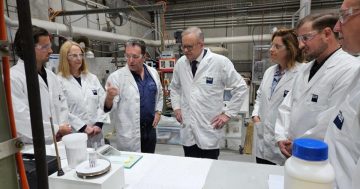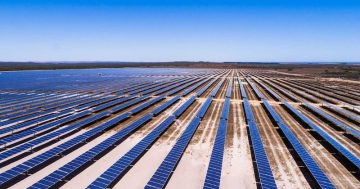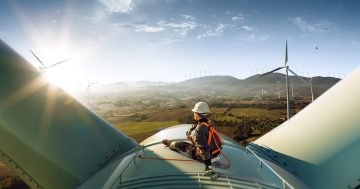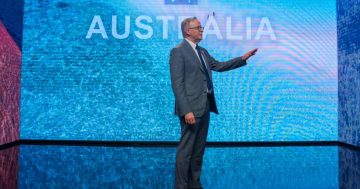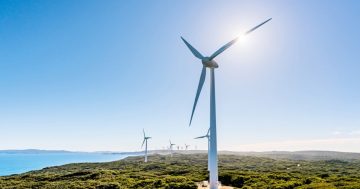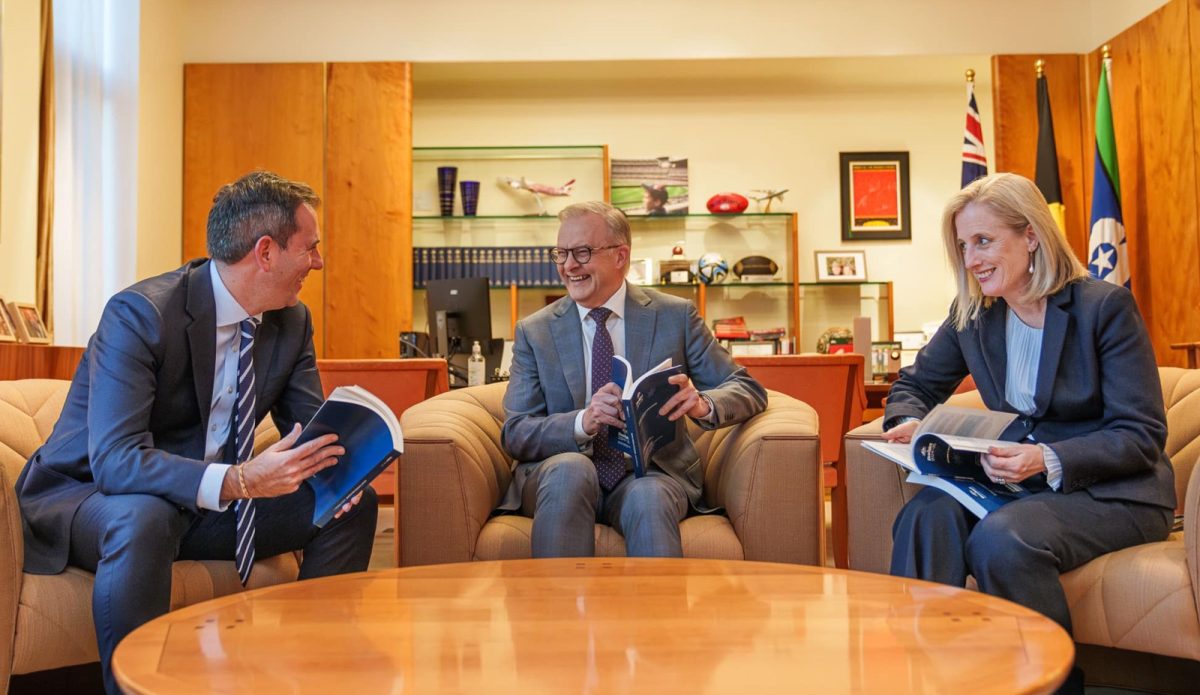
Prime Minister Anthony Albanese (centre) with Treasurer James Chalmers and Finance Minister Katy Gallagher. The government’s Future Made in Australia policy aims to shore up the nation’s manufacturing and supply resilience in clean-energy technologies. Photo: Anthony Albanese Facebook.
One of the biggest announcements to come out of last week’s Federal Budget was the government’s Future Made in Australia plan.
The government says the plan will create new jobs and opportunities across the country by investing in innovation and technology that will help Australia reach net-zero targets while providing sovereign manufacturing capabilities and supply resilience.
It says $22.7 billion will be invested over the next decade in the plan, which, it says, will encourage and facilitate the private-sector investment required to realise its ambitious goals of becoming a renewable-energy superpower while strengthening resources and economic security.
Previous announcements around the new policy include reforms to Australia’s tertiary education sector, and strengthening the capabilities of Australia’s defence industry.
“The Future Made in Australia plan is about attracting and enabling investment, value-adding to our resources and strengthening economic security, backing Australian ideas and investing in the people, communities and services that will drive our national success,” it says.
The investments to be made include $3.2 billion over the next decade through the Australian Renewable Energy Agency to support the commercialisation of technologies that are critical to net zero, and implementing a Hydrogen Production Tax Incentive.
It will also invest $1.3 billion over the next decade in the Hydrogen Headstart program to provide additional support to early movers investing in the industry’s development, $27.7 million to better integrate rooftop solar and household batteries into the grid, $63.8 million to reduce emissions in the agriculture and land sector, and $48 million to deliver other reforms to the Australian Carbon Credit Unit Scheme.
There will also be initiatives designed to value-add to Australia’s resources and strengthen economic security, including a Critical Minerals Production Tax Incentive, $1.5 billion to strengthen battery and solar panel supply chains via the Solar Sunshot Program and Battery Breakthrough Initiative, and $165.7 million to scale up and deliver the Sovereign Defence Industrial Priorities.
The government has been quick to point out since the budget that, rather than seeking to compete on the world stage with battery and solar panel manufacturing, it is instead focusing on developing sovereign technologies and manufacturing capacity to not be totally reliant on overseas supply chains.
By backing Australian ideas, it says, it will strengthen innovation, digital and science capabilities. These initiatives include $466.4 million to build quantum computing capabilities, $566.1 million to support Geoscience Australia to map Australia’s critical minerals and national groundwater systems, and conducting a strategic examination of Australia’s research and development system.
“The Future Made in Australia agenda will be guided by a new National Interest Framework to better align economic incentives with our national interests, which will be established under a Future Made in Australia Act,” it says
Under the framework, it says, priority industries will be identified under two streams – the ‘‘net-zero transformation’’ stream and the ‘’economic security and resilience’’ stream. It says the framework will guide decision-making on significant public investments, particularly those used to incentivise private investment at scale.
Canberra-based Industry Capability Network (ICN) welcomed the announcement, saying it was an important opportunity to bolster local industry participation in the transition to renewable energy.
By prioritising Australian-made goods and services, ICN says, the legislation not only supports local businesses, but also creates a positive environment for innovation and job creation. As an organisation committed to fostering collaboration and innovation within industry, ICN says it recognises the importance of building sovereign capability through sustainable development and economic growth.
ICN national office CEO Warren Jansen said ICN recognised the pivotal role that a robust manufacturing sector played in driving economic growth and job opportunities across the nation.
“The Future Made in Australia Act aligns with our mission to promote collaboration and investment within the manufacturing industry, ensuring that businesses have the support they need to thrive in a competitive market landscape,” Mr Jansen said.
He added that ICN was well placed to work with the Federal, State and Territory governments to assist with a coordinated, nationwide approach to local content requirements.
“At ICN, we stand ready to support businesses in seizing the opportunities presented by this announcement,” he said.
“Our 40-year history of creating industry connections, along with our expertise in facilitating partnerships, positions us as a valuable resource for both government and business to boost local industry participation and to build a strong manufacturing industry to support climate-change technology.”


